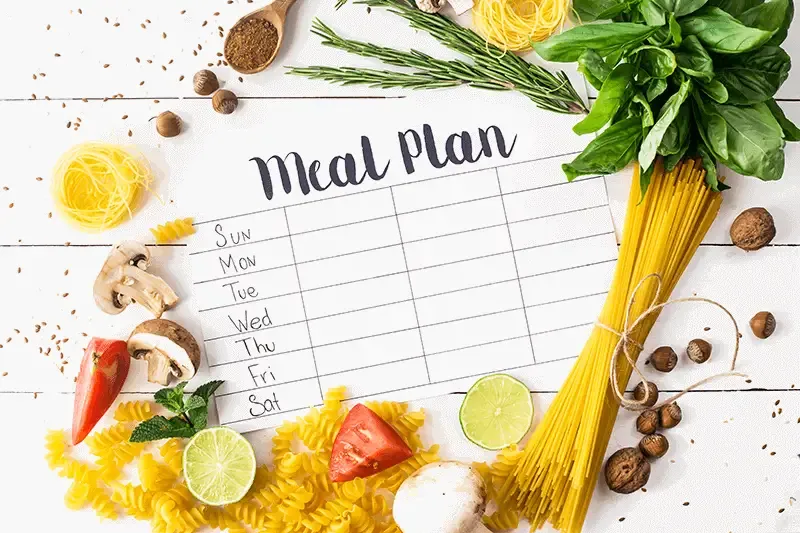How to hardwire helpful habits
By MAS Team
You know how it goes – you decide to make a change in your life. Feeling strong and full of motivation, you tackle the change with enthusiasm and determination.
That lasts for… a few hours, days, maybe weeks? Making the change is harder than you thought it would be, motivation drops off and you wonder if you can do it.
Sound familiar?
This pattern is common across all kinds of changes we try to make – being more organised with your course work, eating healthier meals, spending less money, keeping in contact with friends and family more regularly…
So, what does it take to develop helpful habits and make them stick?

Every time we think, feel or do, we strengthen a neural pathway (connections between areas of the brain or nervous system), whether those habits are useful or not. Any action we take regularly is like a well-worn path in our brain, which becomes easy to follow. So, try to set up your day and week to make sure you can repeat the habits you want.
Want to set up a routine time where you can be most productive? You will strengthen this habit faster if you set up your schedule to do it every day rather than once a week.
Doing something at a similar time each day or week ensures the habit pathway becomes more familiar, and easier to follow. That’s why research shows that the most efficient writers just sit down and write at the same time every day. The same applies to you writing documents or studying, or even sitting down to write emails and finishing your notes.
If we are unsure why we’re making a change, or don’t believe we are making the right choice, we are more likely to default to our usual (automatic) habits. So, in making a change it’s important to identify why that change is important to you, this will give you the extra motivation or confidence to go against the default.
Rather than saying, “I will exercise,” say, “I will start going to the gym twice a week, on Monday and Thursday.” Plan how you are going to achieve the goals, e.g., “I will go on Mondays and Thursdays when I have a long break between classes.”
When the reward pathway is activated, our brain floods with dopamine. This neurochemical gives us a boost of satisfaction and remembers the habit that created the good feeling. To ‘wire in’ a new habit, we want to set up rewards for helpful behaviours – each time I complete a task I’ve been delaying, I could review what I’ve achieved to get a little boost of accomplishment. Or maybe I sit down and call a close friend with my favourite drink (non-alcoholic!) or snack.
While triggers can kick off old unhelpful habits, we can also use them to trigger newer helpful habits. Triggers can be:
Pay attention to triggers that are useful for you, then make sure these are set up in your day/week. Sitting down at your desk with your things set up in a certain way for example, might trigger effective output more than trying to work sitting in bed or on the couch.
Instead of, “I’m going to quit eating junk food, start exercising, and go to bed early,” start with, “I’m going to add more vegetables to my meals.”

People often ask this question, and neuroscience has given us some answers.
Research shows that integrative brain neurons start creating circuits back to the amygdala after about 30 days of doing something different.
As you repeat the action, you activate specific neuronal networks in the brain. A myelin sheath coats these networks (myelin is the brain’s insulating substance), allowing the connection to run smoother and faster – up to 100 times faster than when they were first created.
The exact time will depend on the habit you’re working on, how new it is to you, and how frequently you repeat it. But it will take at least 30 days of consistent action before that habit starts to be wired in, and more like 90 days before it becomes well established – so stick with it and you’ll have helpful habits in no time!

We understand, talking about mental health to a child can seem complicated and daunting. The good news is, there are a few key ways to ease the conversation into your family home.

Autumn months in Aotearoa New Zealand are a great time to get into nature, explore our beautiful environment, and connect with your whenua.

Whether you want to go on your OE, start building your wealth through investing, save to buy your first home, or just make the most of that new salary, graduation is a great time to set financial goals and make a plan to achieve them.